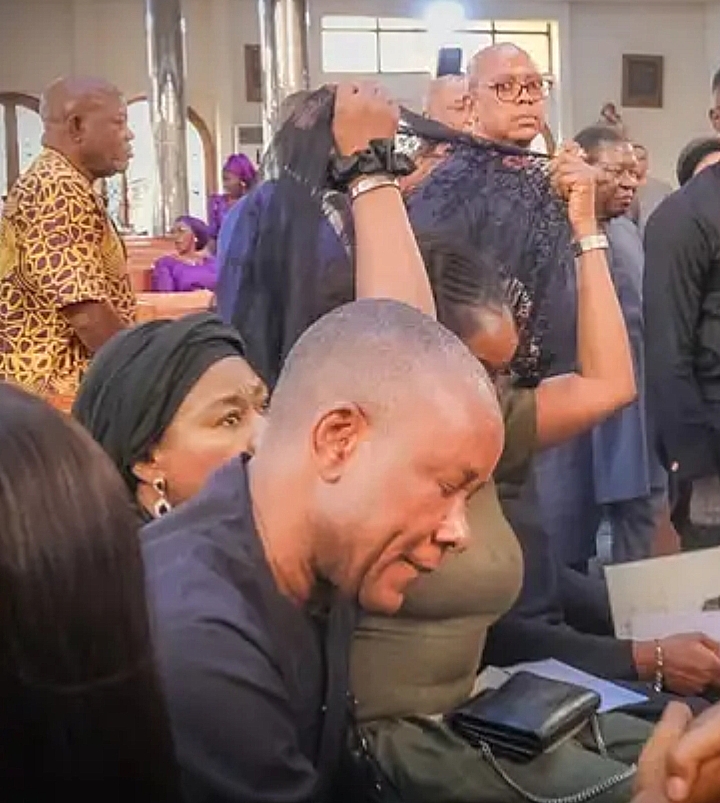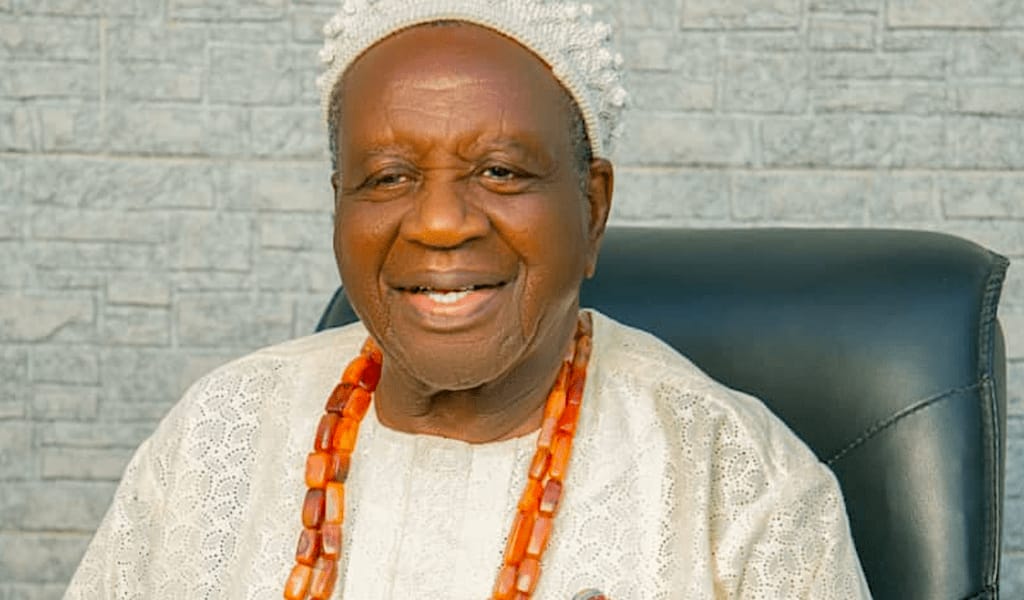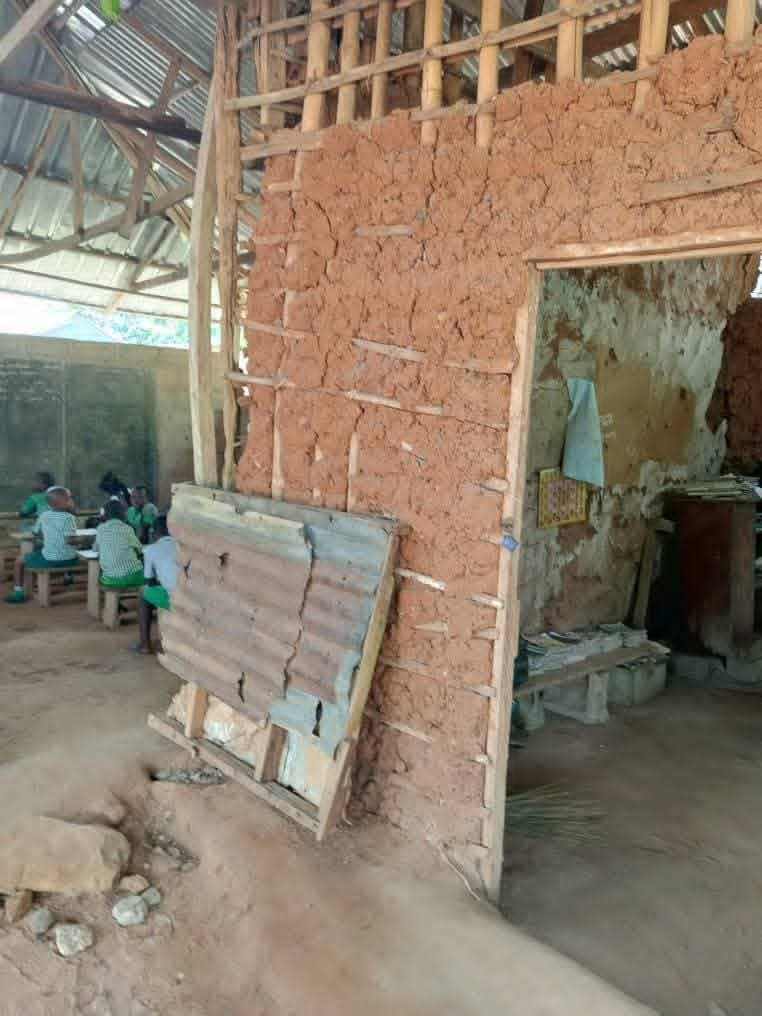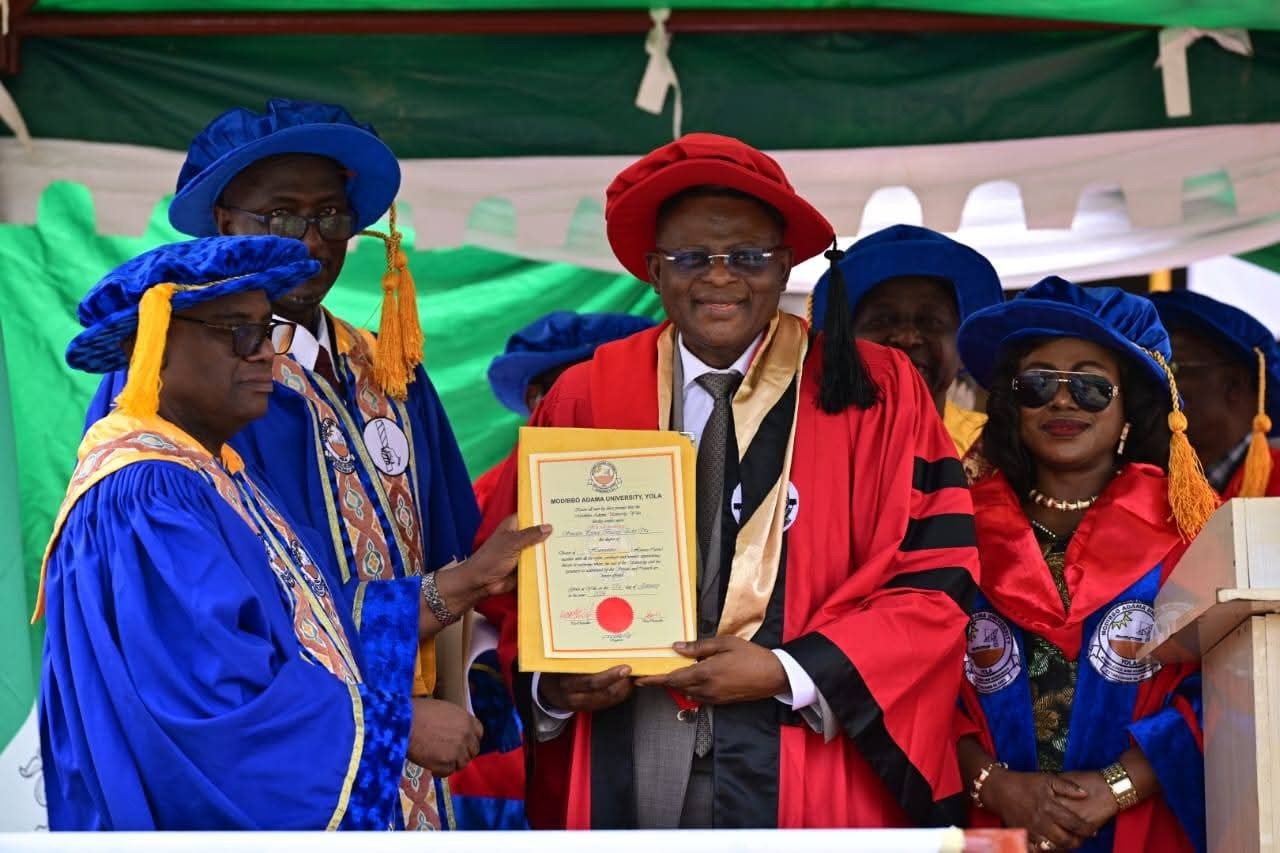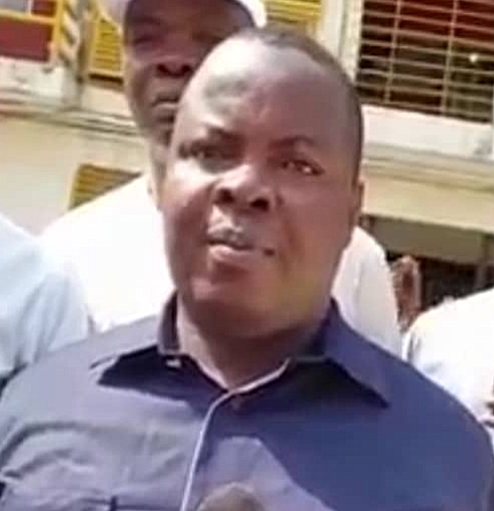 National President and Chairman of Council, Nigerian Institute of Public Relations (NIPR), Rotimi Oladele, says the Cross River State Chapter of NIPR is far ahead of many other states in Nigeria in terms of standard, professionalism and excellence.
National President and Chairman of Council, Nigerian Institute of Public Relations (NIPR), Rotimi Oladele, says the Cross River State Chapter of NIPR is far ahead of many other states in Nigeria in terms of standard, professionalism and excellence.
He made the statement while presenting an address as Chief host, during the 2014 Annual General Meeting (AGM)/ Edwin Eja Memorial Lecture and Fund- Raising Dinner/Awards, which took place at Transcorp Hotels in Calabar.
Oladele stated that from his assessment, after the Abuja Chapter of NIPR, the next chapter is the Cross River State chapter, in terms of tourism, attraction, man power development and compliance with the rules and regulations governing the Institute which has never been compromised by the Cross River State Chapter.
He added that since he was elected as the National President and Chairman of the council, Nigerian Institute of Public Relations on the 17th day of December, 2013, he has been working hard not only to maintain the standards, but to reform the institute in some areas such as re-certification and to ensure that both employers and employees comply with the rules.
The National President said that he was happy to be in Calabar to witness the NIPR 2014 AGM, because, Cross River State chapter has made him proud.
The commissioner for Information, Akin Ricketts, who was the host and also an Associate member of the Institute, commended the National President of NIPR for working hard to maintain good standard in the Organization.
About seven distinguished personalities were honoured with Awards namely; Senator Liyel Imoke, Governor of Cross River State, Clement Ebri, and Donald Duke, former Governors of Cross River State, Victor Ndoma Egba, Nkoyo Toyo, Chiagha Reagan Ufomba, and Oluwagbemiga Kuye.
The Occasion also featured cutting of NIPR cake, Fund raising and traditional dances. Dignitaries present at the Occasion were the Head of Service Ntunkae Mrs. Mary Theresa Ikwen, mni, who represented the Governor, Senator Liyel Imoke, Members of the State Executive council, and members from the National Secretariat of NIPR, stakeholders, traditional rulers, amongst others.

